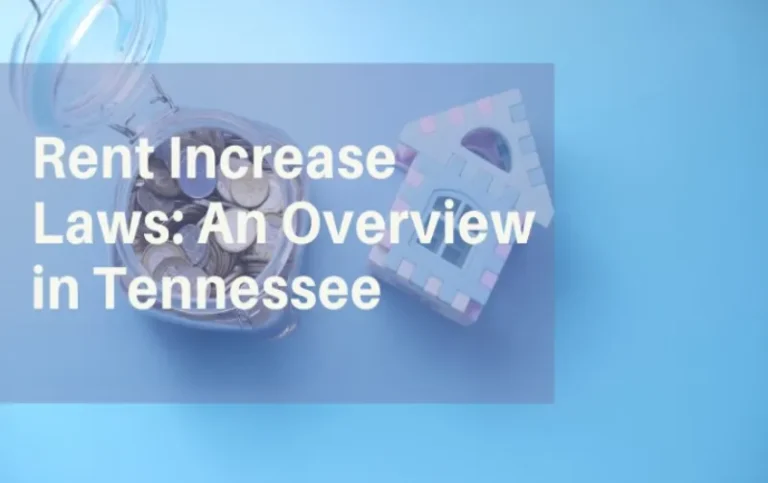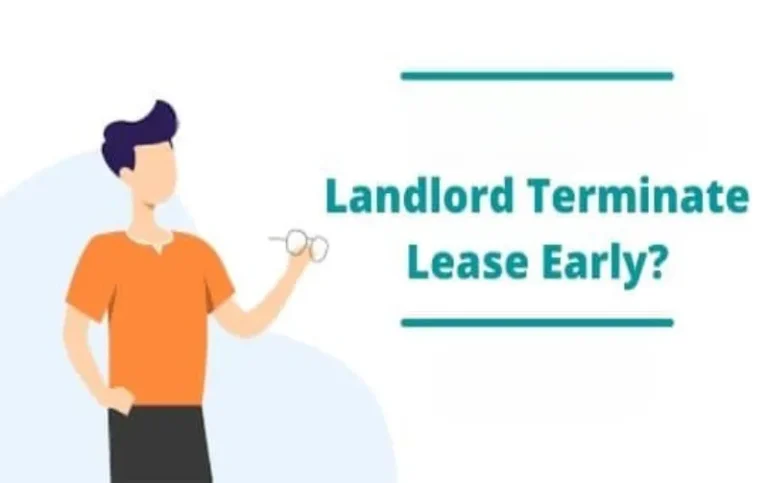Welcome To Rental Awareness.com
Know More. Live Better
We craft comprehensive guides and resources on everything rental-related. Dive into our curated topics and empower yourself in the world of rentals.
Why Choose RentalAwareness.Com?
Comprehensive Yet Digestible
Our mission is to simplify the complexities of the rental world. With us, you gain insights that are in-depth yet easy to understand, ensuring you’re always well-informed.
Tailored Resources For Every Need
From tenants to landlords, from lease agreements to eviction laws, we’ve got you covered. Our platform offers resources tailored to meet the diverse needs of the rental community.
Expert Support Just A Click Away
Got questions? We’ve got answers. Our team of rental experts is here to assist you. Whether you have a specific query or need guidance on a broader topic, we’re here to help.
Free eBooks and Guides
Unlock our collection of free eBooks and in-depth guides. Dive deep into specific rental topics and arm yourself with knowledge.
Our Latest Guides

How Much Can a Landlord Really Raise Rent in Tennessee?
The maximum amount a landlord can raise rent in Tennessee is not regulated by state law. However, the lease agreement should outline any rent increase specifics such as notice requirements…

Can a Lease Be Terminated Early by Landlord: Expert Insights and Legal Guidelines
Yes, a landlord can terminate a lease early if certain conditions are met. Common reasons for a landlord to terminate a lease might include non-payment of rent, violation of lease…

Can a Landlord Evict You Immediately in Michigan?
In Michigan, a landlord cannot evict you immediately without obtaining a court order. Michigan law requires landlords to follow specific procedures before evicting a tenant, no matter the reason for…

Are Tenant Deposits Recourse Debt? – Rental Awareness
Tenant deposits are considered recourse debt in most states. This means that landlords have the right to take legal action to collect unpaid rent or damages, and can use the…

Can 5 People Live in a 2 Bedroom Apartment in Florida?
No, according to florida law, a two-bedroom apartment is only intended for a maximum of four people. Living with five people would violate occupancy standards and could lead to legal…

Can Landlord Be Different to Owner? – Rental Awareness
Yes, a landlord can be different from the owner of a property. Landlords are individuals or entities that lease or rent out a property to a tenant in exchange for…

28 Clever Decor Hacks to Make Your Rental Feel Like a Real Home
You’ll discover brilliant rental-friendly decorating tricks that transform bland spaces into personal havens, without risking your security deposit.

23 Genius Ways to Arrange Furniture for Optimal Flow and Comfort
Genius furniture arrangement tips reveal designer secrets for transforming cluttered rooms into harmonious spaces that feel twice their size.

17 Dishwasher Secrets That Will Double Its Lifespan (Repairman’s Tip #9 Saved Me $800!)
Professional repair tips reveal money-saving dishwasher maintenance secrets that most homeowners miss, but one surprising hack changed everything.


